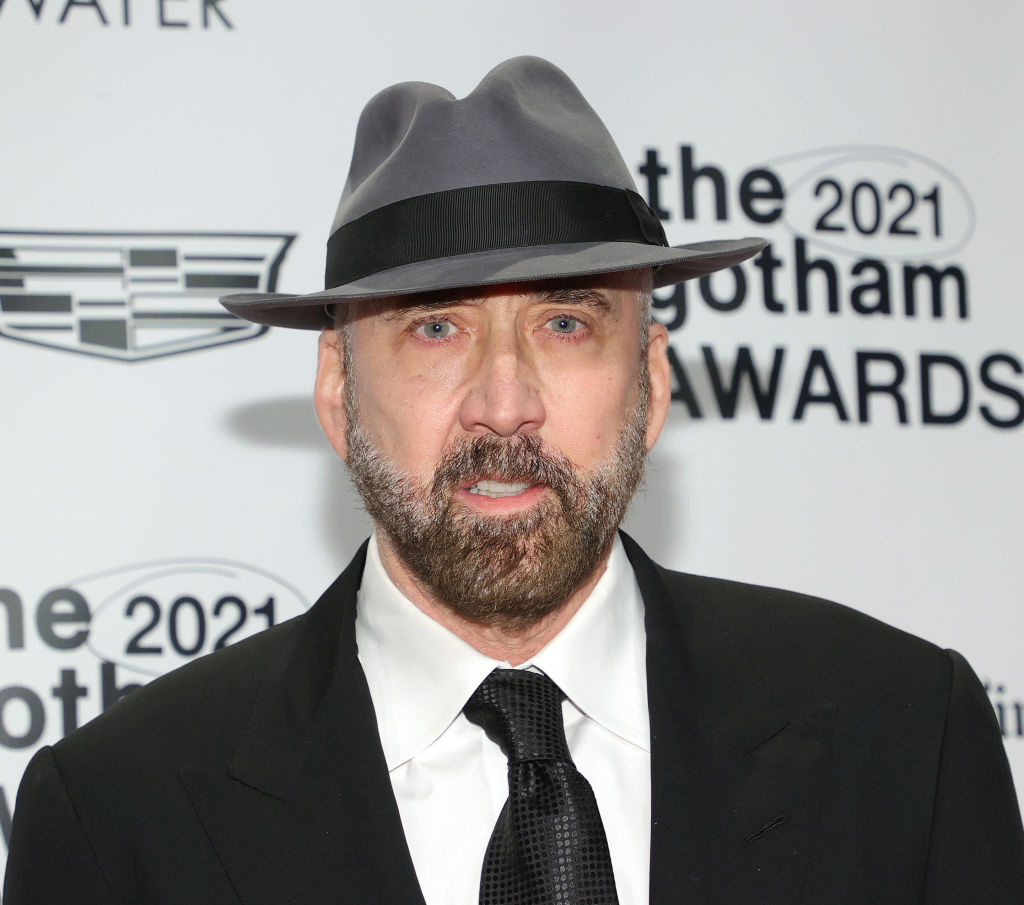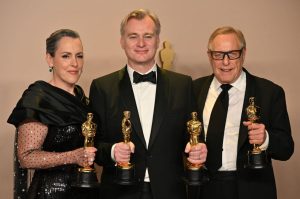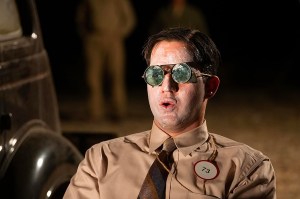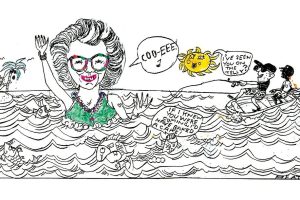Casting was recently announced for the film Renfield, an apparently humorous and contemporary take on the character of Count Dracula’s long-suffering assistant. The actor Nicholas Hoult, who has displayed fine comic timing in projects such as The Favorite and The Great, is to star as Renfield, and he will be joined by the hyphenate actress-rapper-comedian Awkwafina.
Yet the most exciting news is that none other than Nicolas Cage will be playing Dracula. After a decade in which he has largely eschewed mainstream Hollywood, it’s a career comeback that even the undead would be delighted by.
One of Cage’s most distinctive and eccentric early roles was in the film Vampire’s Kiss, in which he played a mentally ill literary agent who decides that he has been bitten by a vampire and has therefore undergone a metamorphosis. His casting in Renfield therefore represents a return to familiar territory, but it remains to be seen whether Cage is allowed to embrace the full-fat Method performance that he demonstrated at the beginning of his career.
To watch him in Vampire’s Kiss is less an exercise in an actor playing a role and more an unprecedented display of thespian pyrotechnics that entirely overwhelms the film, his co-stars and the character. As he affects an upper-class British accent at random moments, yells the alphabet from start to finish with increasing ferocity and pops out his eyes with terrifying intensity, the viewer does not know whether to laugh, gasp or watch with ever-increasing incredulity.
There are few actors who possess the talent, intensity and eccentricity of Cage. From his beginnings in such films as David Lynch’s Wild At Heart and the Coen brothers’ Raising Arizona through to mainstream success in big-budget blockbusters such as The Rock, Con Air and John Woo’s sublime Face/Off, he managed to take characters of varying degrees of distinctiveness and interest and transform them into wild commedia dell’arte performances, dominating the screen for every moment that he is on it.
At his best, he won an Oscar for his role as an alcoholic writer in Leaving Las Vegas. At his worst, he delivered absurd performances in terrible films such as Neil LaBute’s misconceived remake of The Wicker Man. But he was never boring to watch, and always committed to the characters he portrayed, however thinly scripted they were.
He worked with many of the great directors, from Martin Scorsese and his uncle Francis Ford Coppola — another Dracula filmmaker — to Werner Herzog and Oliver Stone. He seemed to burn forever with a hard, gem-like flame, even as his filmography ricocheted wildly.
But then, around 2009, matters went horribly wrong. Even as Cage described his acting style as “Nouveau Shamanic,” his unrestrained approach to his finances and lifestyle was made embarrassingly public. He was faced with multi-million dollar lawsuits from the IRS for unpaid taxes. His former business manager Samuel Levin also sued him, describing how, in 2007 alone, Cage’s “shopping spree entailed the purchase of three additional residences at a total cost of more than $33 million; the purchase of twenty-two automobiles (including nine Rolls Royces); twelve purchases of expensive jewelry; and forty-seven purchases of artwork and exotic items.”
We expect a certain degree of eccentricity from our film stars and entertainment figures. After all, are they not vicariously living out our own dreams and fantasies on a wider scale than we could ever imagine? But in Cage’s case, it became disastrous. He was forced to take on roles in undistinguished films almost at random, which he did with typical enthusiasm. If you have seen the likes of Outcast, Rage and Primal, I commend you.
Many years, Cage has made several of these potboilers, clearly in need of the money, and they have been, almost without exception, dire. Even the more interesting titles, such as Richard Stanley’s H.P. Lovecraft adaptation Color Out Of Space and the black comedy Mom and Dad, were financial flops unseen by audiences. Ironically, the most high-profile roles that he found during this period were in animated films such as The Croods and Spider-Man: Into The Spider-Verse. Perhaps it was the fate of so dynamic a performer to produce his best-received work whilst only using his voice.
Yet now there are welcome signs of a comeback. In addition to the Dracula role, his quiet, affecting performance in the 2021 independent film Pig, in which he plays a reclusive former chef trying to find his beloved truffle-hunting pig, demonstrated his acting prowess, and there is positive buzz about his performance as an exaggerated version of himself in the comic film The Unbearable Weight of Massive Talent.
Once again, this most unrestrained and experimental of actors is having the reception that he deserves. Let us hope, this time, that he can make it last.


















